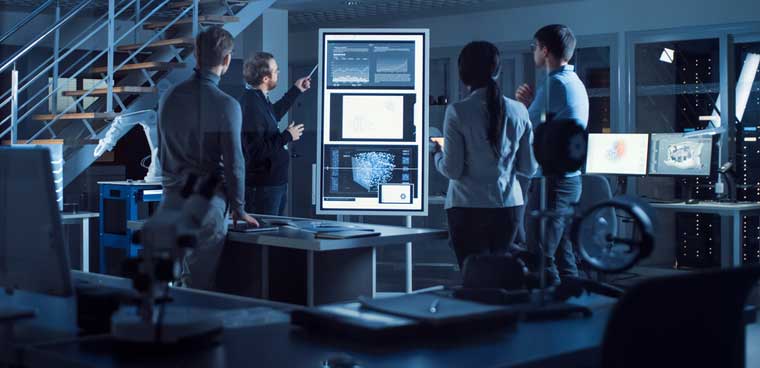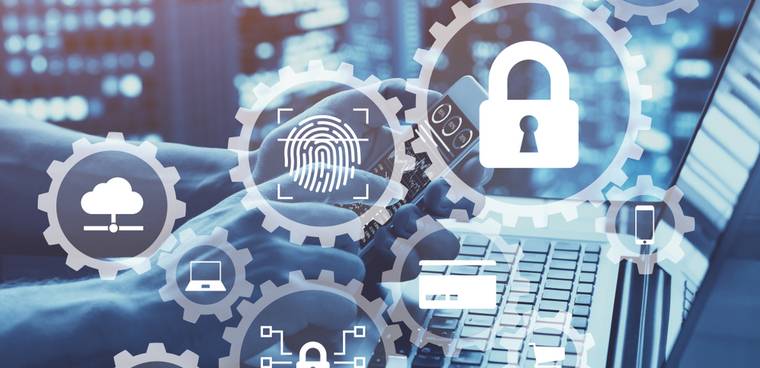Federal, state, local and officials recently participated in tabletop election security exercise with private-sector partners, working through hypothetical scenarios that might impact election operations and sharing best practices around cyber and physical incident planning, preparedness, identification, response and recovery and information coordination.
The fourth annual Tabletop the Vote event, hosted by the Cybersecurity and Infrastructure Security Agency (CISA), in coordination with the National Association of Secretaries of State and the National Association of State Election Directors, drew more than 1,000 participants. Attendees learned how to plan, prepare and respond to various situations through modules that helped them identify their election processes’ strengths and weaknesses.
Last year’s event, which was held ahead of the presidential elections, drew 2,100 participants and focused on effects the pandemic could have on election processes, including the confusion around absentee voting and delays in reporting complete results. Participants also discussed how adversaries cloud try to exploit that confusion to spread disinformation or distrust in the elections process, CISA reported.
This year’s Tabletop the Vote included representatives from CISA, the U.S. Election Assistance Commission, Department of Defense, Office of the Director of National Intelligence, Department of Justice, U.S. Cyber Command, U.S. Northern Command, National Security Agency, National Guard Bureau, Federal Bureau of Investigation, U.S. Postal Service and the National Institute of Standards and Technology. State and local officials from 45 states, two territories, and the District of Columbia participated, as well as over a dozen election security industry partners.
“The value of these exercises cannot be overstated, Alabama CIO Marty Redden said in a statement, “It allows us to refine and test our processes with both state and federal partners, in a controlled environment. These exercises allow all participants to openly communicate ideas and risks, while improving our readiness prior to a real election.”




